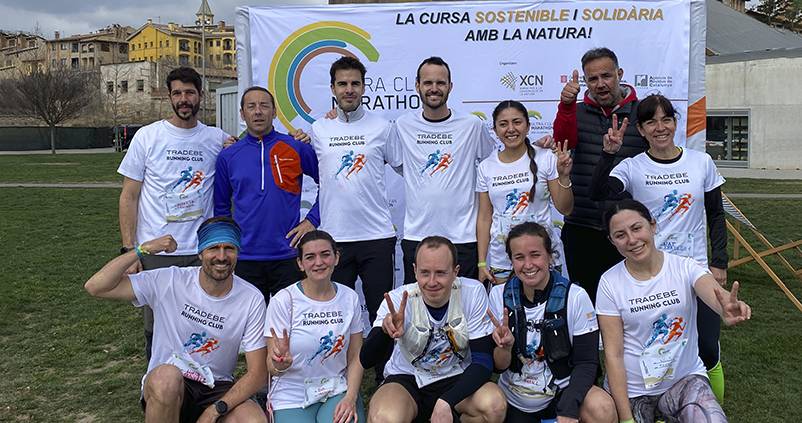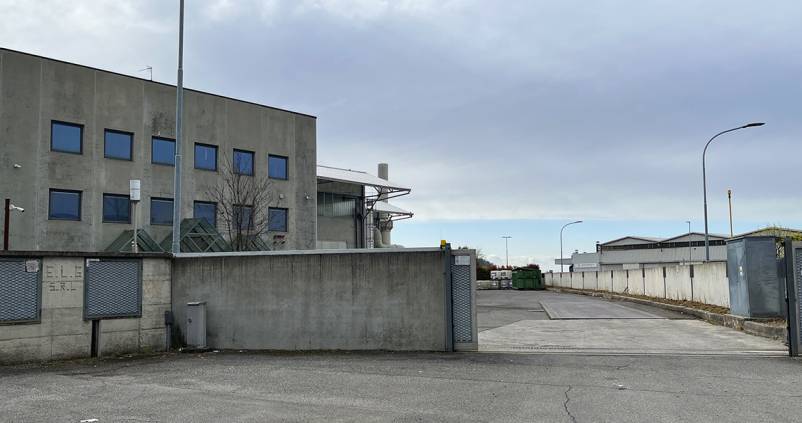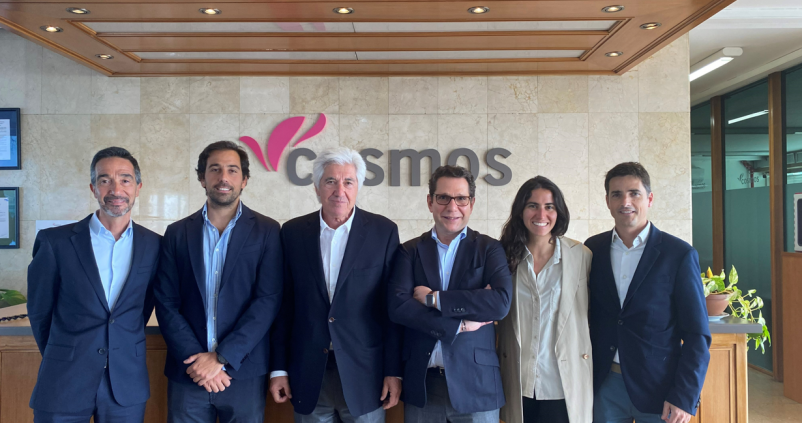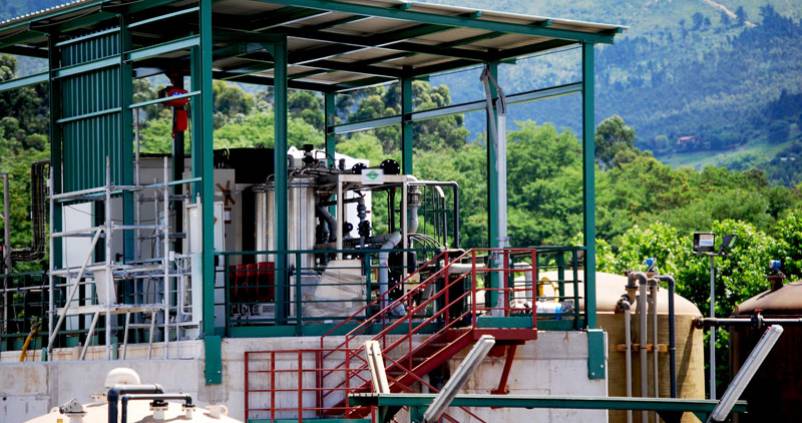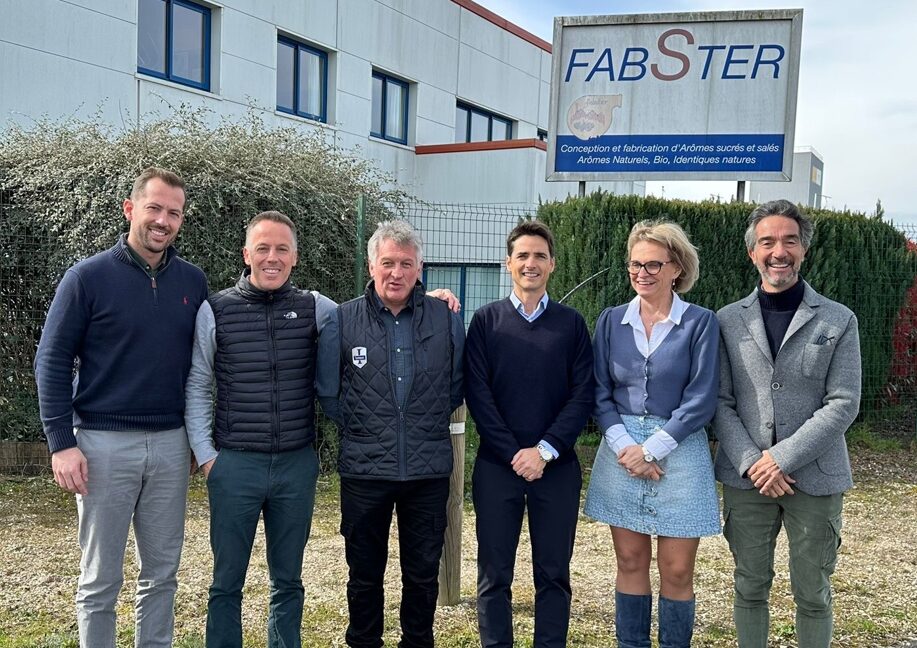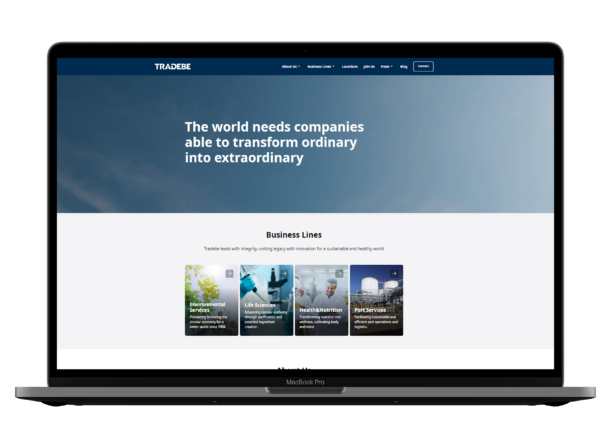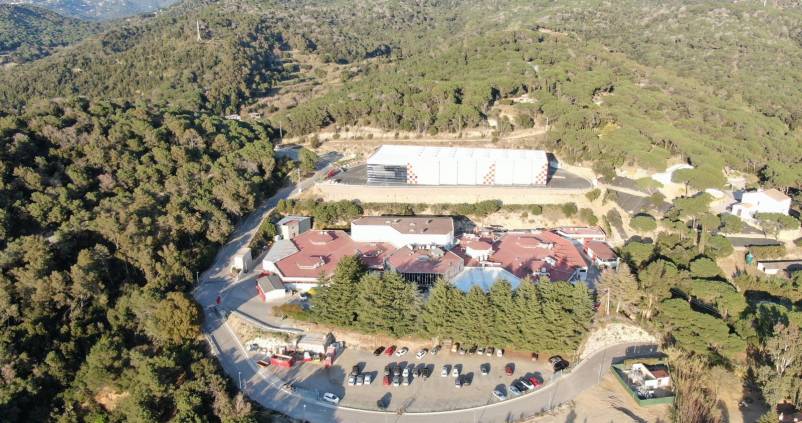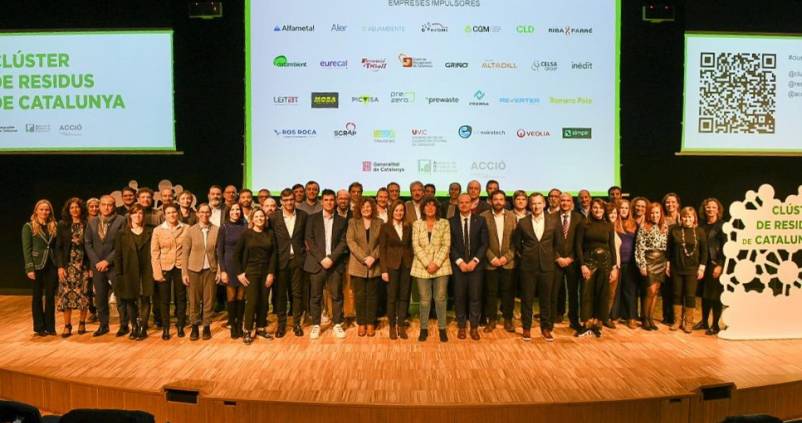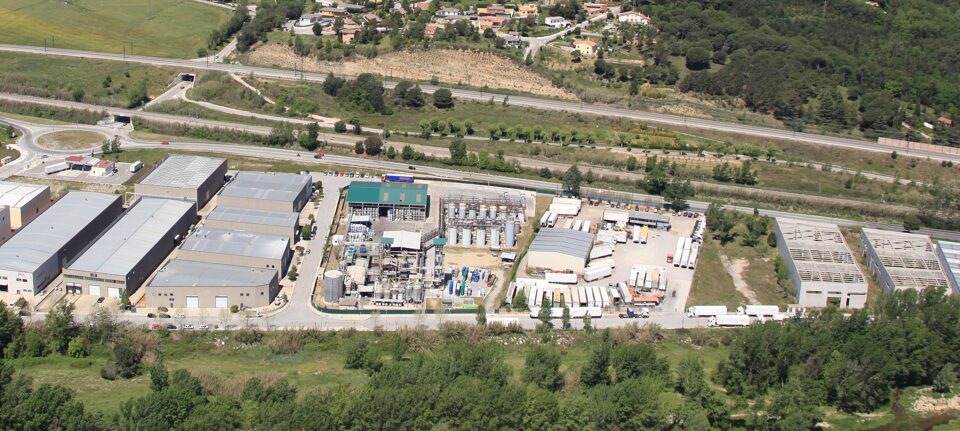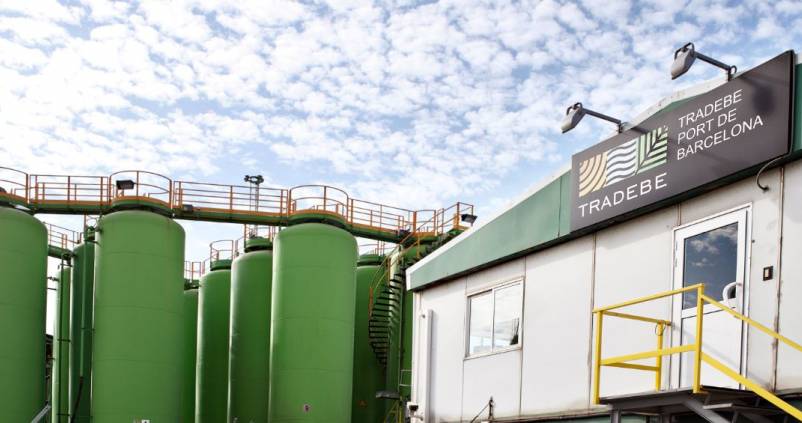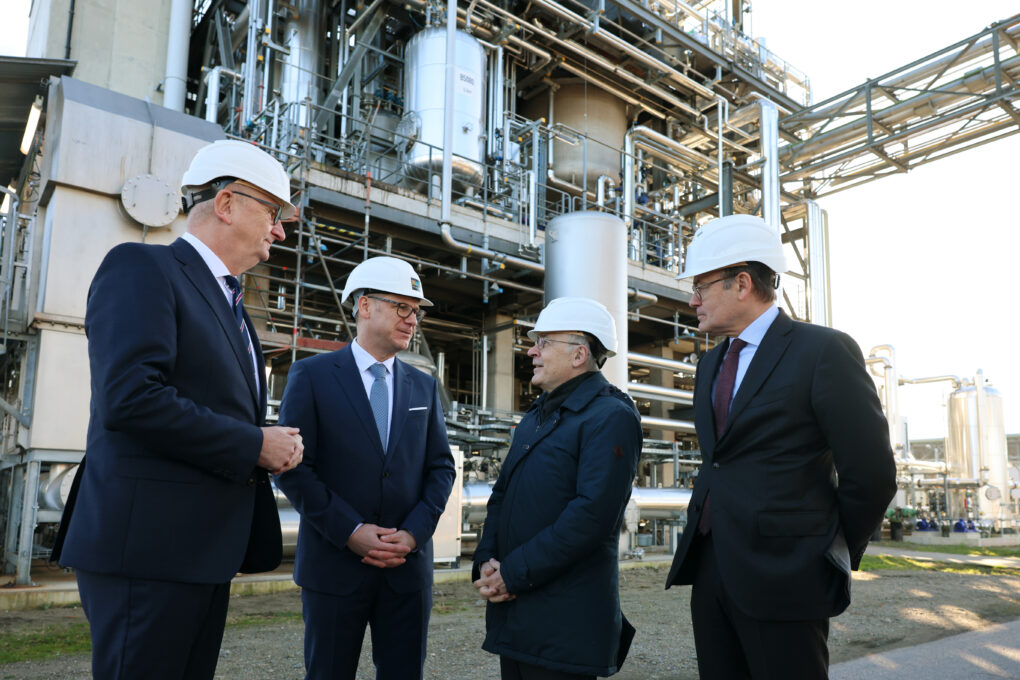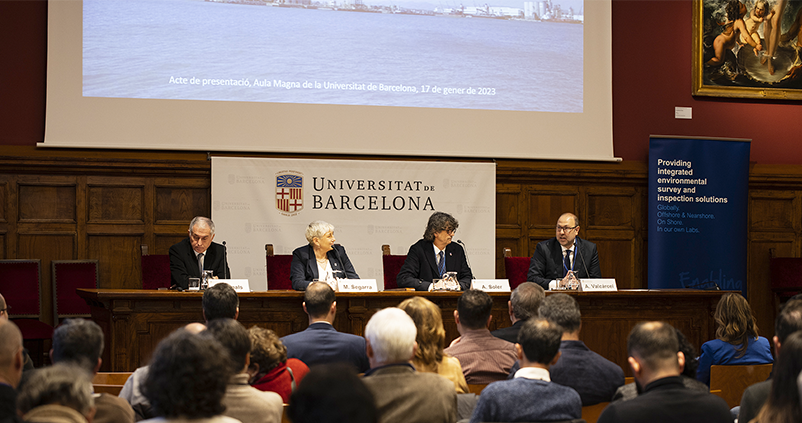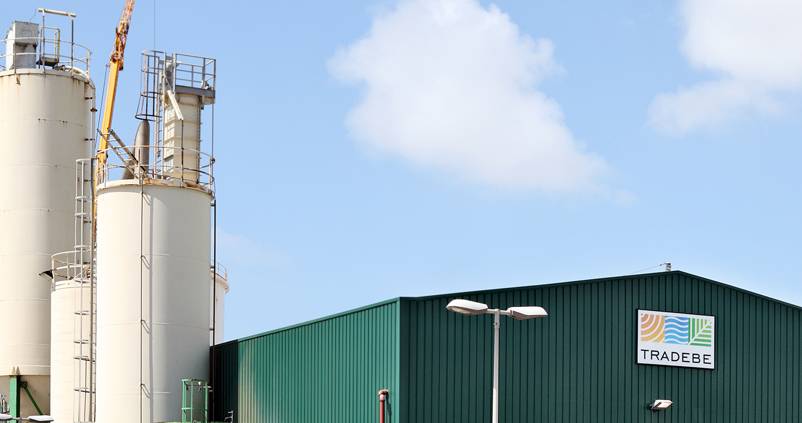Interviewing our CIO, Maria José Carmona
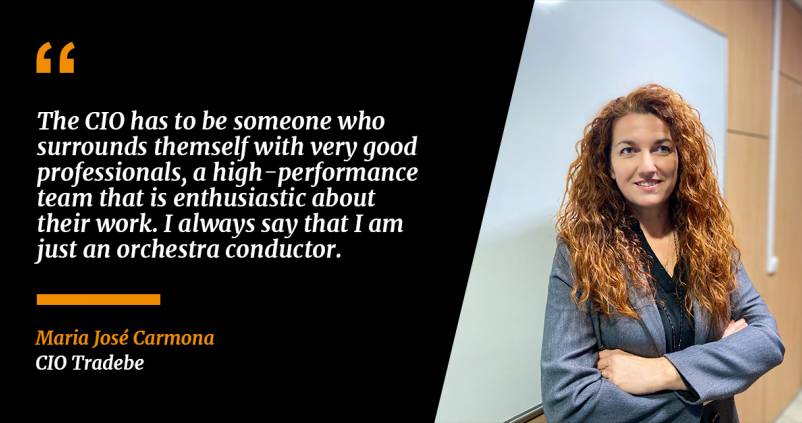
1. Last November you were nominated as a CIO of The Year 2023 finalist by CIONET. Congratulations on the nomination, what does it mean to you?
I honestly didn’t think it could have such an impact, but many Tradebe colleagues, professional colleagues and friends have congratulated me for it, so I’m genuinely very happy.
The nomination is a recognition of the effort to share knowledge in the CIO community which, fortunately in the Catalan area, is becoming increasingly active. It is much easier to stay in the office and solve your everyday problems than to lift your head up, look out into the wilderness and put your backpack on to go out into the technological jungle to exchange opinions that aren’t always your own, which gives you an additional angle of analysis, and when they are, they give you great satisfaction and confidence in the decisions you make.
2. In three words, what qualities should a good CIO have?
Team, team and team. The CIO has to be someone who surrounds themself with very good professionals, a high-performance team that is enthusiastic about their work. I always say that I am just an orchestra conductor. Technology is becoming increasingly complex and requires professionals who understand it very well, but technology for technology’s sake without being well orchestrated is useless. And to orchestrate it well, the CIO must understand the challenges facing the business they serve.
3. What do you think is the key to managing a great team?
Getting behind the team and encouraging them, giving a leading role to those who deserve it and very participative leadership. In the case of Tradebe, it really helps to be able to offer constant professional development because the dynamics are such that you are never in your comfort zone but rather “chalengeando”, a Spanglish blend word I use quite a lot.
4. What are the big IT projects at Tradebe and in which specific technology are you investing the most?
We are not unique in this respect; we are absolutely in line with what companies similar to ours are doing. Our four major projects for the upcoming years:
- Transforming and digitising HR processes by implementing SAP Success Factors and other applications.
- Preparing for the migration of our ERP to its new version, S4Hana, which we expect to bring automation and simplicity and improved usability to current processes.
- Democratising and automating reporting, allowing us to spend more time on analysing information rather than producing it.
- Continuing to be very vigilant with everything cybersecurity-related and not missing a beat when it comes to adapting our protection systems, a beat that is unfortunately set by cyber-attacks. We will continue to promote cybersecurity awareness campaigns, which we consider to be vital in cybersecurity.
And all of this is underpinned by a strategy of moving information to the cloud whenever possible to increase flexibility in our infrastructures.
5. Not many women make it to CIO positions. In general, there are not many women working in the IT sector. Is it difficult to find technological talent among women?
There are more and more women interested in technology, so I think this is a trend that is changing. Although it is true that the roles still have a certain gender bias. For instance, we find more female BRMs or Project Managers than Infrastructure or Cybersecurity Managers.
6. Tell us about any positive changes or lessons you have seen in the organisation as a result of the pandemic.
I believe that working remotely has understandably marked a before and after, making it possible to overcome barriers that we thought were impossible. Especially for roles that, like mine, are international. It is unthinkable that you can be physically present in all the interactions we have on a daily basis, going from the phone to Skype and Teams has been a very positive change.
And in the same respect, an important lesson is that living together in the office helps us generate initiatives, ideas, commitment, etc. In contrast, working remotely ensures that the work gets done but does not ensure continuity insofar as it limits the generation of new ideas.
Having been considered an essential service and having avoided a total disruption of the activity has shown that we are in a sector of the future.
7. How do you implement a digital transformation strategy in a company with so many activities like Tradebe. What are the synergies with the group’s other businesses?
At Tradebe we talk about improvements in efficiency, revenues, EBITDA, cash flow, etc. Thanks to this mindset, initiatives and projects are prioritised, and resources are allocated. This ensures a digital transformation process that is results-oriented and not merely for the sake of it.
As a business with such a variety of activities, the complexity of the information systems to cover all our needs is higher. However, we should avoid at all costs customisations that do not bring clear value to the business, or do not provide a significant competitive advantage. Let’s just say that we’ve had a wide scope so far, and after 20 years of SAP, this is a lesson that has been well learned. Perfect is the enemy of the good.

